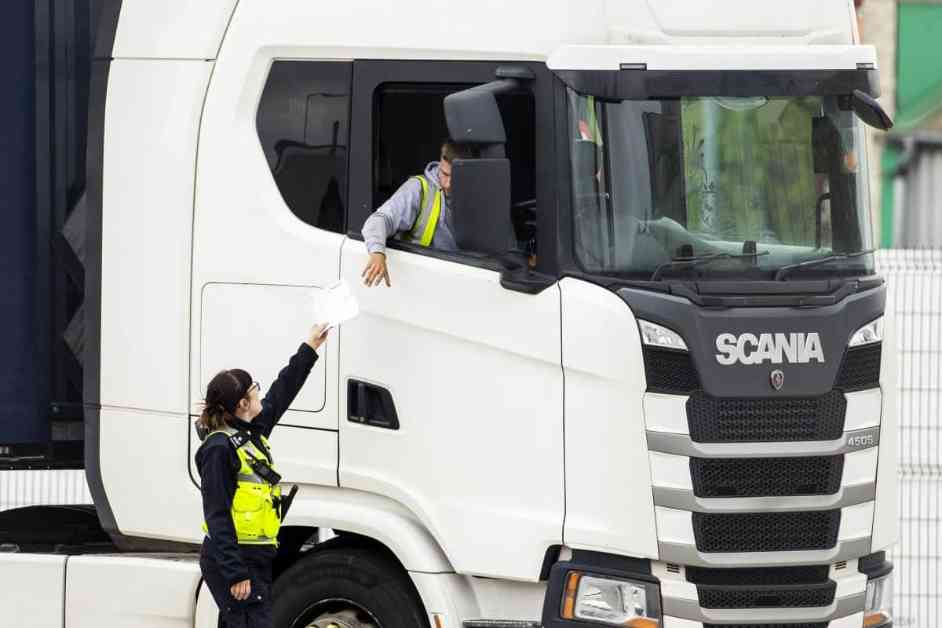A new post-Brexit border inspection post in Poole, which cost £2.3 million, has only carried out two checks since April. The facility, covering 2,000 square meters, was established in November, but due to delays in the government’s plans for a post-Brexit border regime, physical inspections on imports of plant and animal products from the EU only commenced three months ago.
Initially, when the border post was inaugurated, Brian Murphy, the chief executive of Poole Harbour Commissioners, expressed excitement about promoting the new facility to markets in Europe and the rest of the world. However, eight months later, Murphy criticized the situation, stating that “two physical checks by the Port Health Authority since April 30 is just madness.” The government invested £1.8 million in the project, while Poole Harbour contributed £500,000 of its own funds.
Another port, Portsmouth International Port, received £17.1 million from the government and an additional £6 million from Portsmouth City Council. Despite this significant investment, the port only conducts two to three checks per day. Both Poole and Portsmouth ports are projected to operate at a loss in their first year, with Poole’s border control post’s running costs expected to reach £50,000. Richard Ballantyne, the chief executive of the British Ports Association, highlighted that these border facilities are underutilized, making it challenging to recover the infrastructure costs.
Liz Webster, the founder of Save British Farming, criticized the border inspection facilities as a “shocking waste of time and money.” She suggested that the resources could have been better utilized in local services if not for the Brexit decisions made by the previous government. Despite the criticisms, a spokesperson for the Department for Environment, Food and Rural Affairs emphasized that protecting UK biosecurity remains a top priority. The department is committed to working with border control posts to ensure effective operations and adequate resourcing.
The underutilization of the border inspection posts raises concerns about the efficiency of post-Brexit border controls and the allocation of resources. With significant investments made in these facilities, there is a need to reevaluate their operations to ensure that they fulfill their intended purpose of safeguarding biosecurity while also being cost-effective. Additionally, the criticism from stakeholders like Liz Webster underscores the broader debate surrounding the impact of Brexit on various sectors, including agriculture and trade. As the government continues to navigate the complexities of the post-Brexit landscape, finding solutions to optimize the use of border inspection posts will be crucial in maintaining regulatory standards and facilitating trade relationships.












